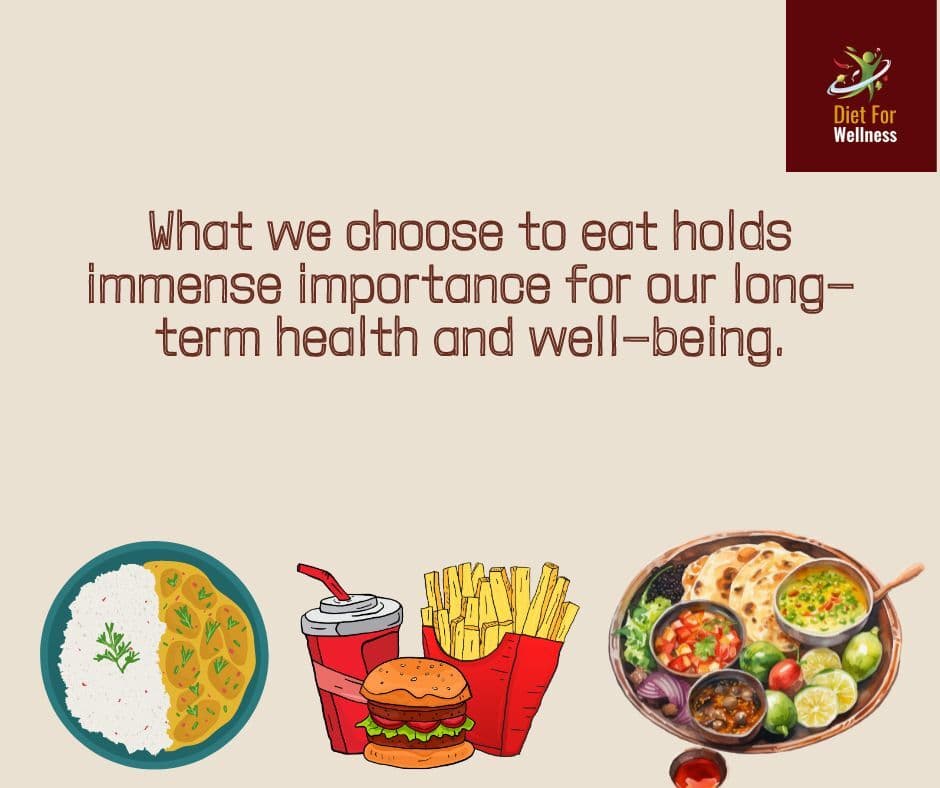Eating Strategies for Disease Reversal and Beyond

A diagnosis of a chronic disease can feel disheartening, but there’s hope- in some cases, it’s possible to manage or even reverse the effects of these conditions. Nutrition plays a key role in this journey. Food isn’t just sustenance; it can act as a powerful form of “medicine” for our bodies, influencing our health outcomes significantly.
We all eat, and for most of us, it’s an enjoyable part of life. However, what we choose to eat holds immense importance for our long-term health and well-being.
Adopting the right eating strategies can play a crucial role in reversing illnesses and promoting overall well-being. While medication and medical interventions are often necessary, the power of nutrition should not be underestimated. Embrace a holistic approach to eating, take charge of your health, and potentially reverse the course of disease.
The Impact of Nutrition on Health
The adage “you are what you eat” holds more truth than many realize.
The food we consume provides the building blocks for our bodies and can either promote health or contribute to disease. Research has shown that certain dietary patterns are strongly associated with the development of chronic conditions such as heart disease, diabetes, obesity, and cancer.
Conversely, adopting a nutrient-dense, plant-based diet has been linked to lower rates of these diseases and improved overall health outcomes.
The Power of Plant-Based Eating
One of the most effective eating strategies for disease reversal is adopting a plant-based diet. Fruits, vegetables, whole grains, legumes, nuts, and seeds are rich in essential vitamins, minerals, antioxidants, and phytonutrients that support optimal health. Numerous studies have demonstrated the benefits of plant-based eating for reducing inflammation, lowering cholesterol levels, improving blood sugar control, and supporting weight loss.
Embracing Whole Foods
In addition to prioritizing plant-based foods, focusing on whole, minimally processed foods is key for disease reversal and prevention. Processed foods often contain added sugars, unhealthy fats, and artificial ingredients that can contribute to inflammation and chronic disease. Choose whole foods such as fresh fruits and vegetables, whole grains, and lean proteins to provide your body with the nutrients it needs to thrive.
Mindful Eating
Beyond the types of foods we consume, how we eat also plays a significant role in our health. Mindful eating involves paying attention to the sensory experience of eating, including the taste, texture, and aroma of food, as well as hunger and satiety cues. Slow down and savor each bite to cultivate a greater awareness of your eating habits and make healthier choices.
Personalized Nutrition
While plant-based eating and whole foods are beneficial for many, it’s essential to recognize that nutrition is not one-size-fits-all. Factors such as genetics, lifestyle, and underlying health conditions can influence individual dietary needs. Working with a qualified healthcare provider or registered dietitian can help individuals tailor their eating strategies to their unique circumstances and goals.
Summing it up
In the journey towards disease reversal and optimal health, the role of nutrition cannot be overstated. Prioritize plant-based foods, embrace whole foods, practice mindful eating, and opt for personalized nutrition. Small changes in eating habits can lead to significant improvements in health over time.
Thus, with dedication and a commitment to nourishing the body, achieving disease reversal and beyond is within reach.
